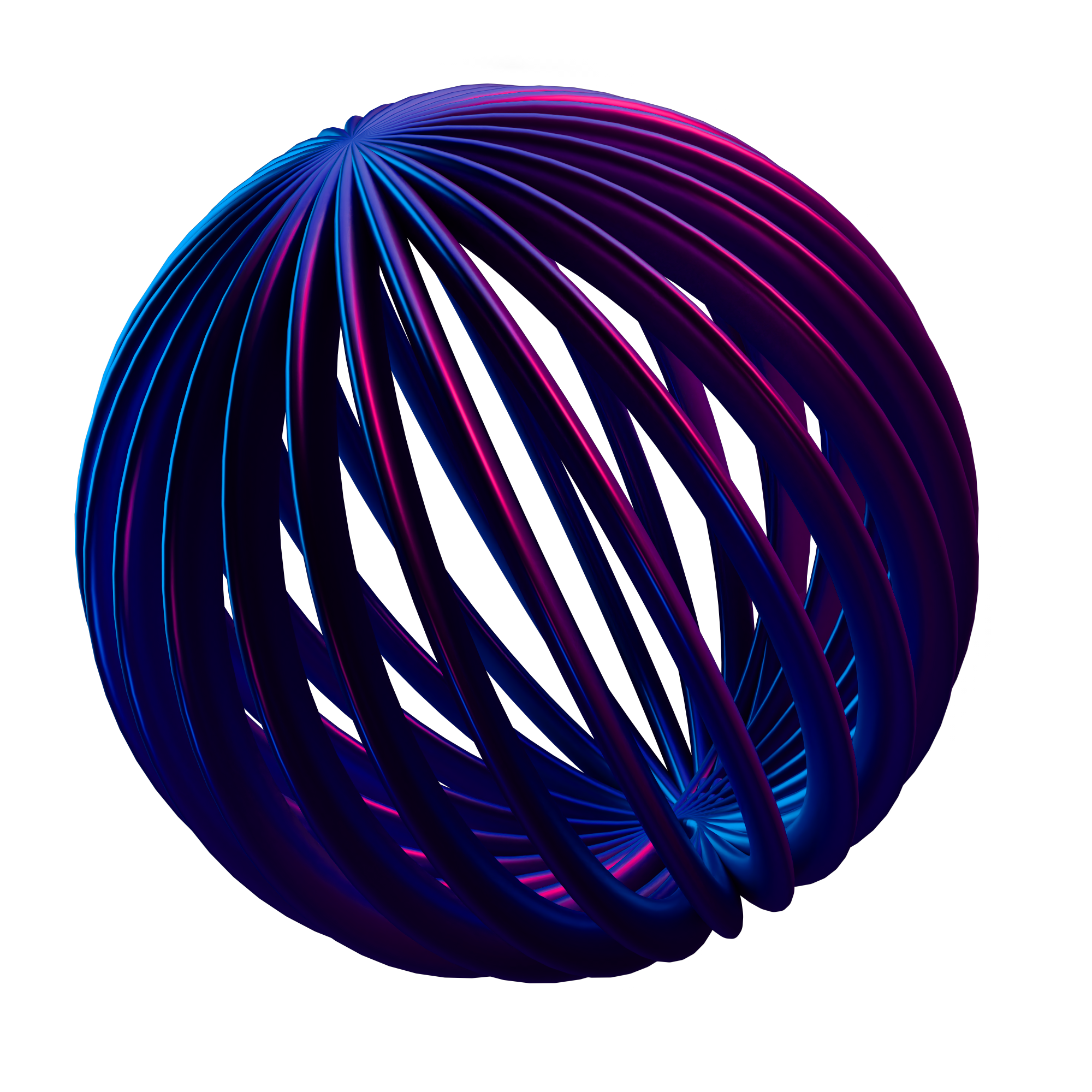
Multimedia(UN)
Interdisciplinary 1st cycle academic study programme Multimedia.
Multimedia is all around us
The interdisciplinary first cycle academic study programme Multimedia is jointly implemented by the Faculty of Electrical Engineering, which coordinates the programme, and the Faculty of Computer and Information Science of the University of Ljubljana.
Multimedia professionals are among the most sought-after job profiles. There is already more demand than there is qualified staff available, and trends show that professionals for these types of jobs will be in even greater demand in the coming decade. Combining technological, creative and entrepreneurial skills, multimedia engineers are qualified to work in interdisciplinary departments and project teams. In the fast-growing digital technology sector, they are the best choice for a variety of leadership positions, such as multimedia service development manager, user experience specialist, product manager, multimedia content analyst or multimedia systems engineer.
The Multimedia programme, which is offered at first and second cycle, trains professionals who are equipped to work innovatively on the challenges of the new era.
What does the study programme look like?
The course lasts 3 years or 6 semesters and is worth 180 credits (ECTS).
The first year is the same for all students. In the second year, there are nine compulsory subjects and one elective subject. The third year consists of seven compulsory subjects, two elective subjects and a thesis. The study programme does not have a course of study.
Upon completion of the diploma, the student is awarded the title of Bachelor of Multimedia Engineering (UN).
What are the main objectives of the programme?
- To ensure quality knowledge in the fields covered by multimedia,
- to provide an excellent foundation for study at the 2nd cycle in multimedia or related disciplines,
- to ensure that graduates are highly employable and effectively integrated into the workplace when they start work,
- to train innovative staff for new industries with new funding methods, and to enable them to keep up with the latest developments independently,
- to facilitate transfer between related study programmes and to ensure Europe-wide comparability of educational attainment,
- to provide a basis and stimulus for further independent study as part of lifelong learning,
- to increase the proportion of women enrolled compared to other engineering courses.
What competences do students gain from the programme?
- Ability to define, understand and creatively solve problems in the broad field of multimedia,
- the ability to think critically, based on analysis and synthesis,
- systemic knowledge, research and planning skills,
- professional, environmental and social responsibility,
- the ability to communicate in an active professional manner, both orally and in writing,
- the ability to make optimal use of information and communication technology and its development,
- the ability to keep up to date and acquire new knowledge independently,
- the ability to work as part of a team with experts in technical as well as non-technical fields.

